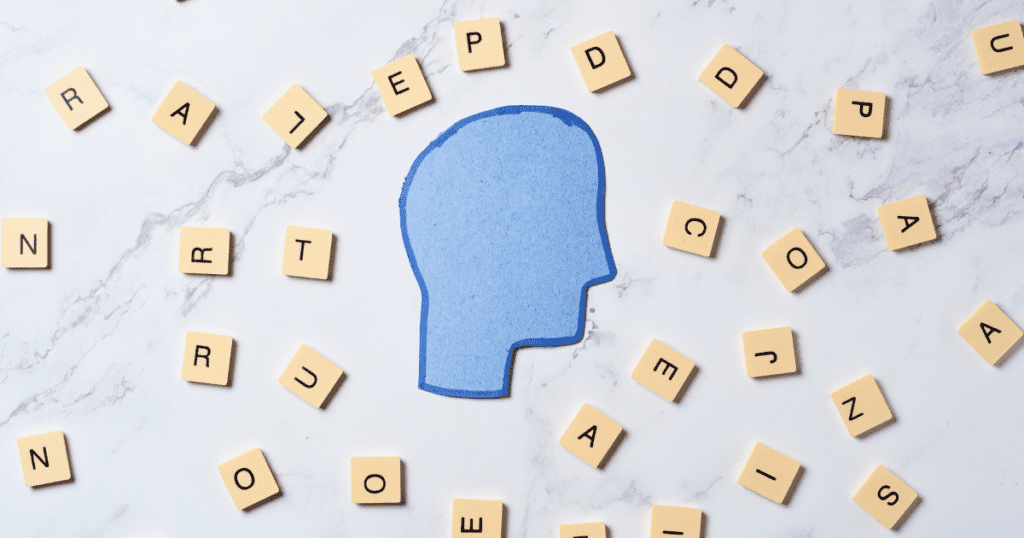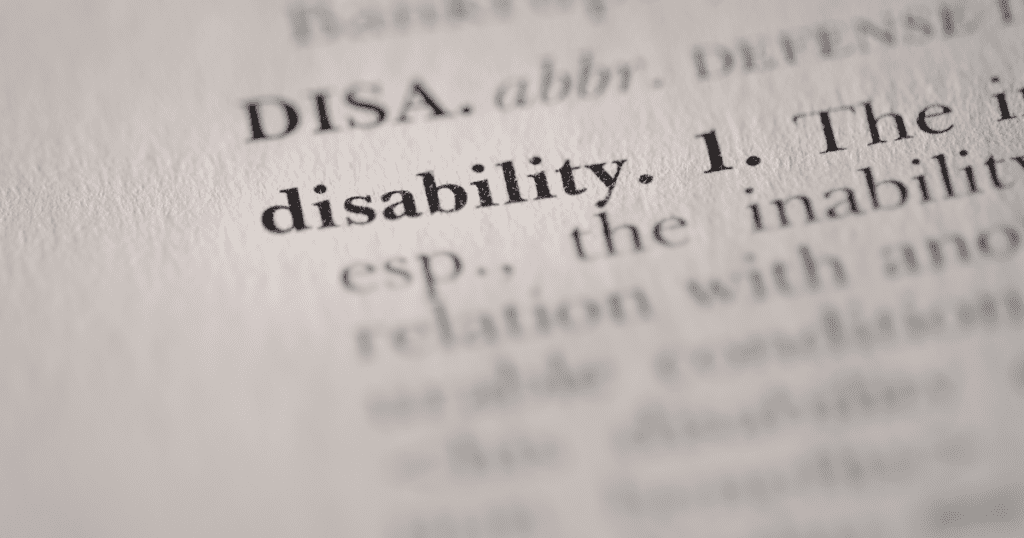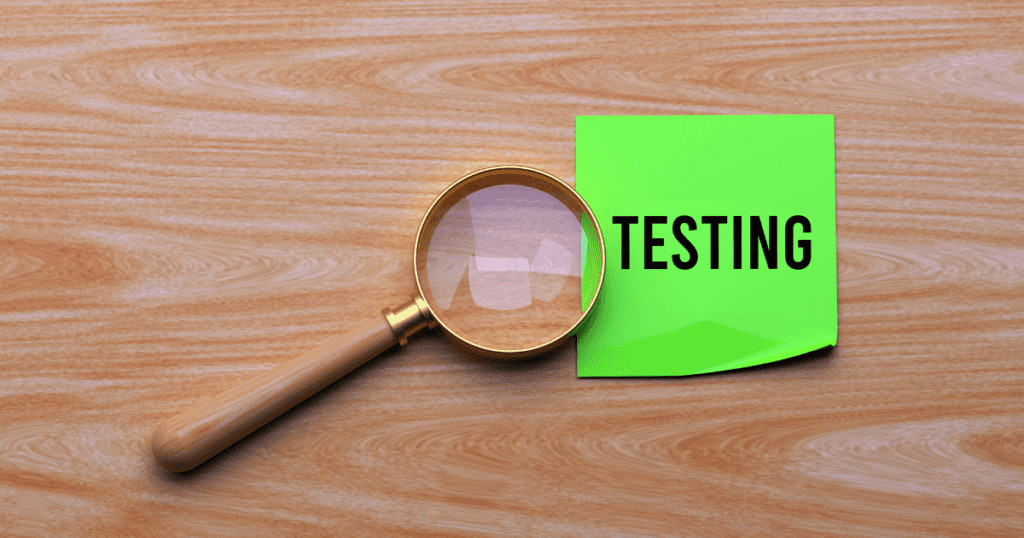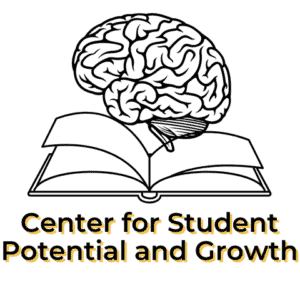
Most individuals face challenges that impact their learning experience at some point. We can experience situations such as illness or a family emergency that can affect how we learn. Yet, an individual with a learning disability struggles with learning, no matter what.
A learning disability can impact an individual across a variety of settings. These settings include work, school, recreational, and community settings. Individuals with learning difficulties may be less affected by their challenges. Learning difficulties can be short-lived. But learning difficulties and learning disabilities can impact students learning experiences.
This article will explore how a learning difficulty and disability both impact learning.
Definition of a Learning Disability

The Individuals with Disabilities Education Act (IDEA) defines a Specific Learning Disability as “a disorder in one or more of the basic psychological processes involved in understanding or in using language, spoken or written, which disorder may manifest itself in the imperfect ability to listen, think, speak, read, write, spell, or do mathematical calculations.”
The definition includes perceptual disabilities, brain injury, minimal brain dysfunction, dyslexia, and developmental aphasia.
Further, the definition indicates that “such a term does not include a learning problem that is primarily the result of a visual, hearing, or motor disabilities, of intellectual disabilities, of emotional disturbance, or environmental, cultural, or economic disadvantage.”
A learning disability refers to the psychological processes involved in learning. These processes impact the level of functioning that spans space and time.
A learning disability can impact work as well. Psychological processes such as thinking and listening are required for employment.
A learning disability does not result from environmental, cultural, or economic disadvantage.
Let’s discuss the level of impairment for a learning disability vs. a learning difficulty.
Learning Difficulty Vs. Learning Disability: Severity of Impairment

When considering the severity of impairment, it is vital to conduct thorough research.
As stated before, a learning disability impacts many areas of their lives.
Directions and instructions can be complex for an individual with a learning disability. They may need clarification or more practice than what is typical.
For example, a manager may inform workers about a new process they will be using to order inventory. A person with a learning disability heard the presentation but was still confused. This person may need more help with understanding what to do.
This person may keep using the old process. The manager gets wind of it and issues a written warning. The worker then feels frustrated and embarrassed as this is her third warning.
This cycle, compounded over time, can impact this worker’s ability to keep her job. Her learning disability can also negatively impact her ability to get a new job.
But, distraction impacts another worker. This worker is going through a nasty divorce and needs to find new housing.
Looking for an affordable place to live can impact his focus. This lack of focus affects his ability to learn the new process.
His thinking ability is affected now due to life stress. Under otherwise normal circumstances, he is a key player at work. He understands the job and can stay atop all new initiatives.
His learning difficulty is due to the current events in his life. These events are impacting his ability to attend and get his work done.
The learning challenge impacts each person. Yet, the severity of the impact is more remarkable for the individual with a learning disability.
Learning Difficulty Vs. Learning Disability: Level of Impairment
In keeping with the example above, the duration of the impairment is essential to note.
Stress due to money or family can significantly impact an individual functioning.
Yet, a learning disability usually affects a person over many years.
Depending on the individual’s age, they have experienced their share of challenges.
A learning disability is present throughout grade school, college, and many jobs. Sometimes, their learning disability impacts their relationships as well.
The severity and duration of learning challenges are essential when considering individual needs.
Support Needed for a Learning Difficulty

An individual with a learning difficulty can experience challenges that make learning hard. Depending on the setting, support will look different.
An individual with a learning difficulty can get extra tutoring help at school. They may receive special accommodations, and this support is typically limited in scope and time.
A student experiencing a death in the family may miss school. They may need fewer or excused assignments.
This student may also enjoy check-ins with the school psychologist or counselor.
This student may need support for a short period until things settle around them.
At work, a manager may reduce projects given to an individual during a challenging time. Adjusting the workload can lessen the stress that this individual experiences. This person can also result in feeling supported, reducing anxiety.
Support Needed for a Learning Disability
Learning support will be necessary for a student with a learning disability. This support assists them within their learning environment.
Support can look like modifying learning materials for reading and writing.
It can also look like modeling, repeated practice, and adjusting language when teaching.
Support for a student with a learning disability is individualized, and the assistance should fit the individual needs.
An evaluation is necessary for students with a learning disability. This evaluation helps to determine their learning strengths and weaknesses.
After an evaluation, a student with a learning disability would have a unique plan. This plan outlines what support they need.
Final Thoughts
A learning disability and a learning difficulty differ across settings. A learning disability impacts an individual no matter the location. A learning difficulty is short-lived and specific in space and time. Both a learning difficulty and a learning disability need support, and this support differs in severity and intensity.
How the Center for Student Potential and Growth Can Help

If you suspect your child has a learning disability, we can help. An independent educational evaluation can identify specific learning strengths and weaknesses. We provide independent educational evaluations for any age learner in Ohio.
To learn more about scheduling an evaluation, call or text us at 216-273-6020. You can also email us at info@potentialandgrowth.com.
Reference: Section 1401 (30) – Individuals with Disabilities Education Act. https://sites.ed.gov/idea/statute-chapter-33/subchapter-i/1401/30
